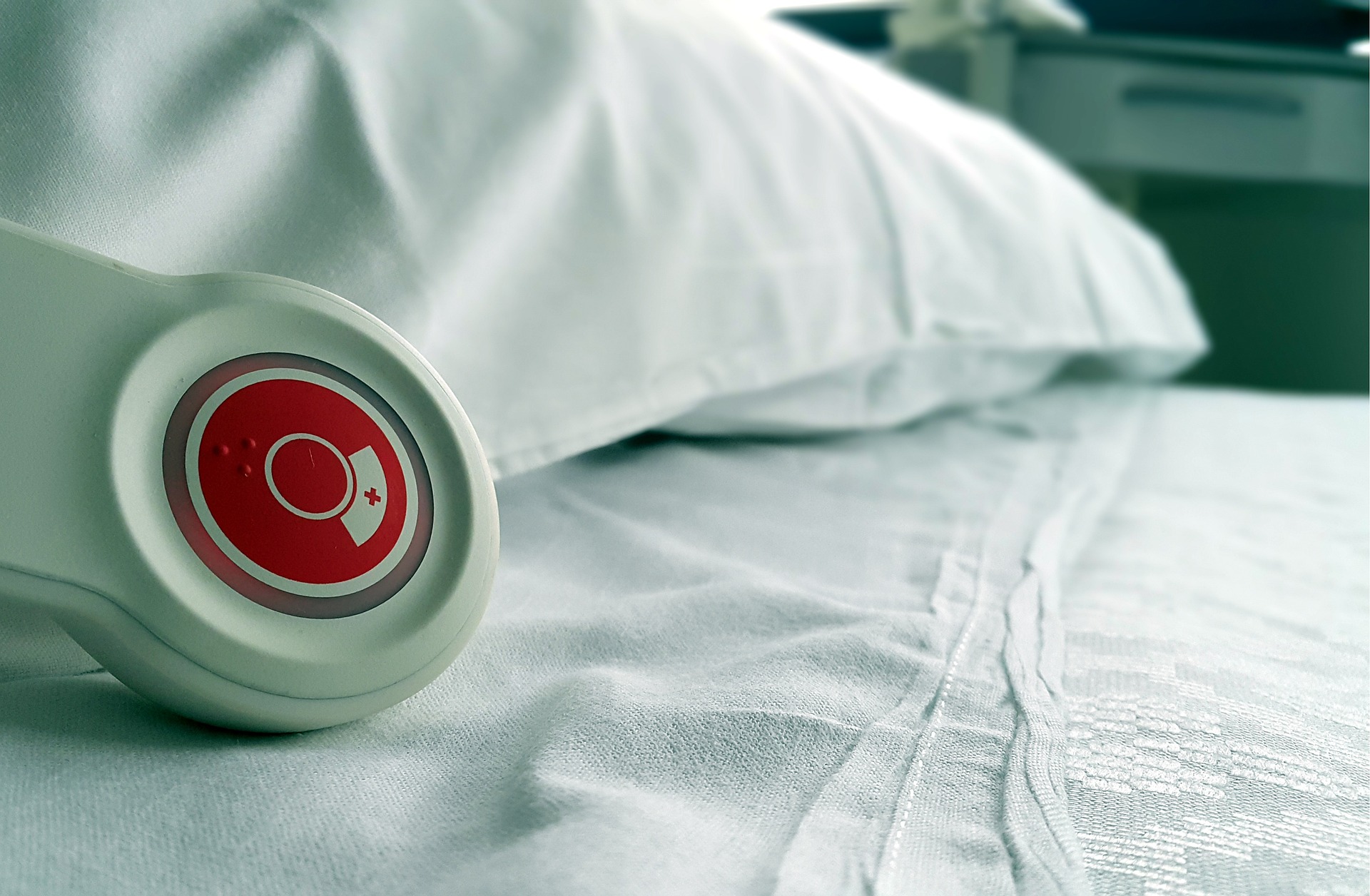
It’s all set. You’ve pencil-circled the date of your operation on your calendar, after which you’ll be in full post-op recovery. Assuming the surgery is a success, you’ll want to heal quickly and well. To optimize your upcoming healing process, readying your home for your immediate post-surgery body will play a significant role in how smooth of a recovery you’ll experience after the operation.
Yet, at a loss as to what you can do to ensure a comfortable space for your post-op recovery? Read on for some tips on what you can to make your home super-agreeable to your changed body, following surgery:
Know What to Expect
Get the full skinny on how you’ll be feeling post-surgery from your doctor, and any first-hand accounts from your friends or acquaintances. Spending some time reading up on online testimonials from other people who’ve undergone the procedure would not hurt as well.
If you’ll be required to wear a sling or cast or crutches, or even be in a wheelchair, find out how long you’ll be so limited in mobility. Such approximate information will help you make the right preparations for the anticipated home, service, food and routine adjustments you’ll be facing after the operation.
Plan and Prepare for Your Food Needs
Just making a few alterations to your home set-up can pave the way to a comfortable post-op recovery. Before the date of surgery, plan and prepare your daily meals for the days you plan to be resting and recovering. Store the meals in ziplock bags and refrigerate or freeze the packets so that they’ll be readily available when you’re hungry while recovering. You may also want to buy a stock of easy-to-prepare foods such as cereal, deli meats, nuts, bread and salad greens.
Rehearse Your Recovery
Practice bathing while wearing the sling or brace you will be wearing during your recovery. This will help you anticipate the need for additional equipment such as an electric toothbrush. You may find that you will need to install a grab-bar in the shower to limit the risk of slip-and-fall injuries.
Declutter Your Home
You may want to use your time before the surgery to declutter your home by sorting and giving away any furniture, clothing, items and the like that may obstruct your path through your home, particularly if you’ll be sporting crutches or sitting in a wheelchair. Decluttering will also make your living space more stress-free and will create a tidier look to your home quarters that subconsciously eases the mind. Start with the small spaces of your home first, such as closets, and work your way in sorting through your stuff in the larger rooms of the house, such as your bedroom and kitchen.
The idea is to declutter enough so that you can easily place all commonly used items, such as your toothbrush and glasses, front and center in highly accessible places. In addition, organize your main recovery area in a way that will be comfortable for you and so that you can easily reach necessities like clothing and toiletries. Planning ahead to keep these items handy will prevent unnecessary straining that could cause problems for stitches.
Support Equipment
Sitting and sleeping will likely be painful or uncomfortable for some time following your surgery. Consider buying a reclining chair or sofa, if you don’t already have one, to ease the pain. You may even consider temporarily renting a hospital-grade bed if you have to survive a long recovery period. For all seated activities, including eating and reading, rest your arm on a pillow or cushion.
The more you prepare prior to surgery, the more you increase the likelihood of a speedy recovery. By following all the advice above, you will have taken a weight off your mind, which opens up “mental space” for the effective processing of all emotions linked to going under the knife for health or cosmetic reasons.
Photo via Pixabay
